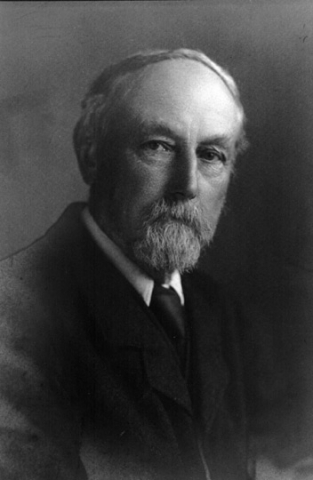cap. 1
Henry David Thoreau
Henry Stephens Salt frasi celebri
cap. 2
Henry David Thoreau
Origine: I diritti degli animali, p. 177
Origine: L'etica vegetariana, p. 6
Origine: L'etica vegetariana, p. 35
Frasi su animali di Henry Stephens Salt
Origine: L'etica vegetariana, p. 19
Origine: I diritti degli animali, p. 178
Origine: L'etica vegetariana, pp. 29-31
Origine: L'etica vegetariana, pp. 8-9
Henry Stephens Salt Frasi e Citazioni
Origine: 1892; citato in Marina Baruffaldi, Manuale del giovane animalista, Mondadori, Milano, 1997, p. 44. ISBN 88-04-43323-X
cap. 2
Henry David Thoreau
cap. 2
Henry David Thoreau
cap. 2
Henry David Thoreau
Origine: I diritti degli animali, p. 176
cap. 2
Henry David Thoreau
Origine: L'etica vegetariana, p. 7
cap. 1
Henry David Thoreau
Origine: L'etica vegetariana, p. 28
Origine: L'etica vegetariana, pp. 7-8
Origine: L'etica vegetariana, pp. 12-13
cap. 2
Henry David Thoreau
Origine: L'etica vegetariana, p. 20
“[…] la base morale del vegetarianismo è quella che sorregge tutto il resto.”
Origine: L'etica vegetariana, p. 26
Henry Stephens Salt: Frasi in inglese
The Humanities of Diet
Origine: Animals' Rights, Chapter 1
Seventy Years Among Savages (1921).
Origine: Animals' Rights, Chapter 1
Origine: Animals' Rights, Chapter 1
The Humanities of Diet
The Humanities of Diet
The Humanities of Diet
Seventy Years Among Savages (1921).
The Humanities of Diet
“I shall die … as I have lived, rationalist, socialist, pacifist, and humanitarian.”
As quoted in Henry Salt, Humanitarian Reformer and Man of Letters, George Hendrick, Illinois (1977).
From an essay in Cruelties of Civilization (1897) as quoted in Roderick Nash, The Rights of Nature, University of Wisconsin Press, 1989, p. 29 https://books.google.it/books?id=f9tJZz6jDUIC&pg=PA29.
The Humanities of Diet
The Sending of the Animals, as quoted in The Savour of Salt: A Henry Salt Anthology, Centaur Press, 1989, p. 55.
The Humanities of Diet
Origine: " The Poet of Pessimism https://www.henrysalt.co.uk/library/essay/the-poet-of-pessimism/", Vegetarian Review, August 1896
Contesto: We work for an ideal, not because we believe the ideal is destined to be triumphant, but because we are impelled so to work, and cannot, without violence to our best instincts, act otherwise. We protest against cruelty and injustice for the same reason, not merely because we feel that the dawn of a better day is at hand, but because such a protest has to be made, and we know intuitively that we must help to make it. Of the event we can have no absolute assurance—it rests for other minds and other hands than our—but we can at least be assured that we have done what was natural and inevitable to us, and that, whether successful or unsuccessful, there was no other course for a thoughtful man to take.
